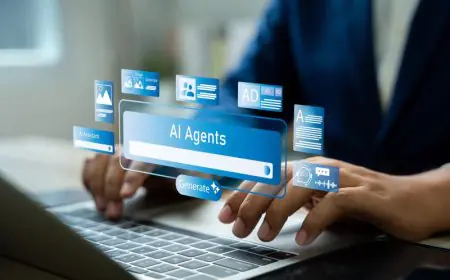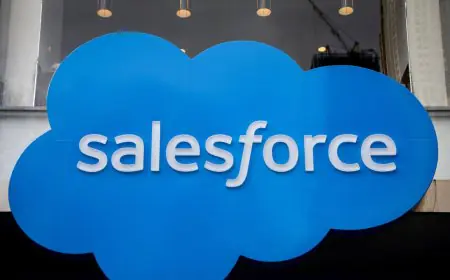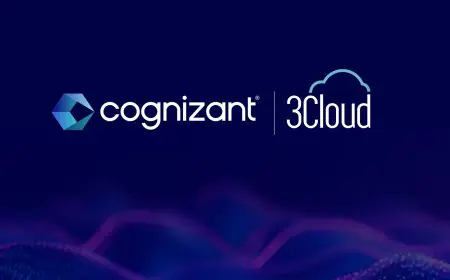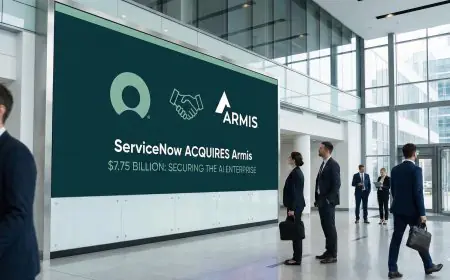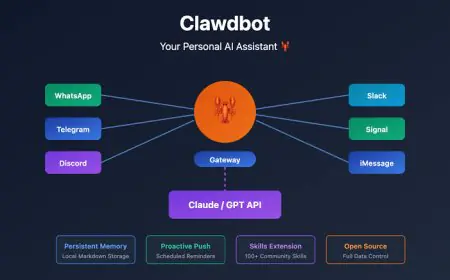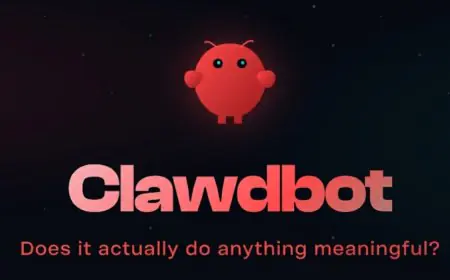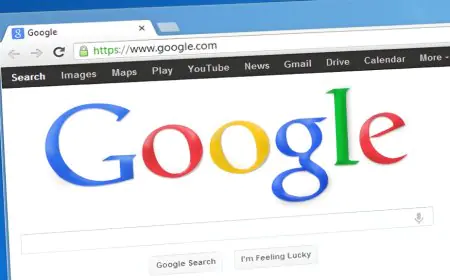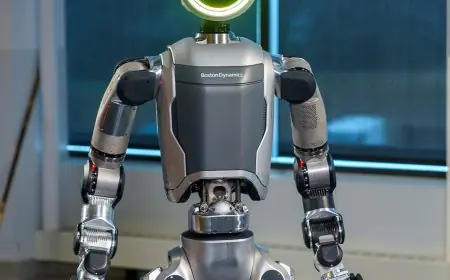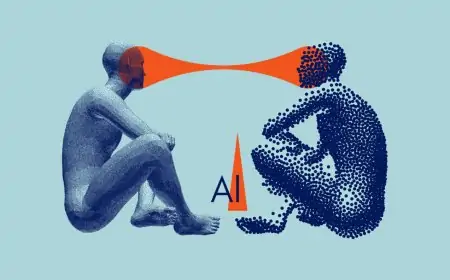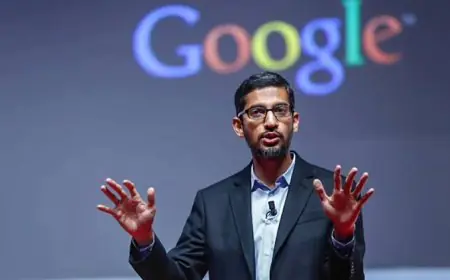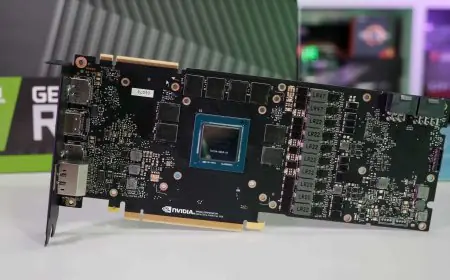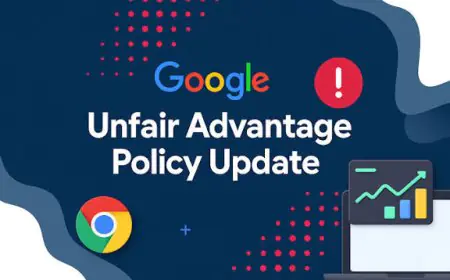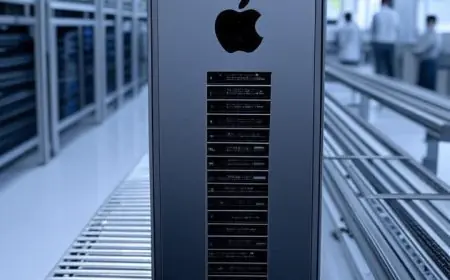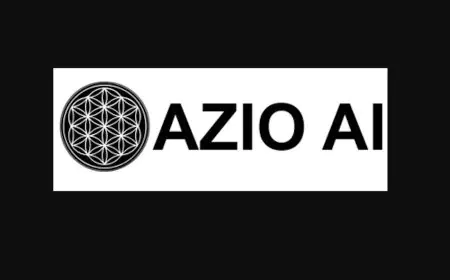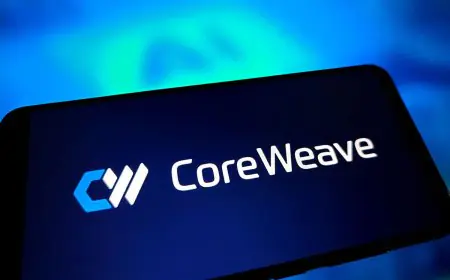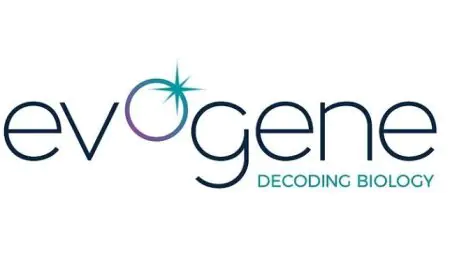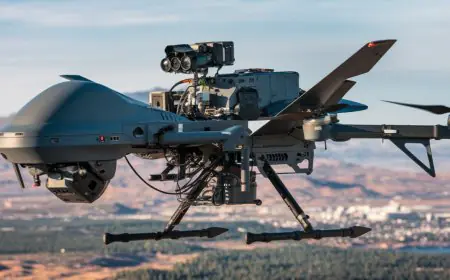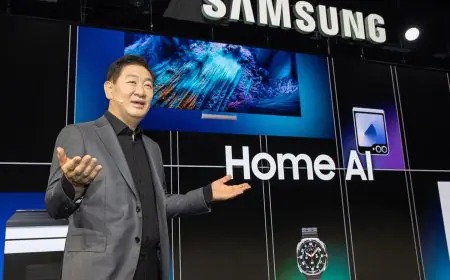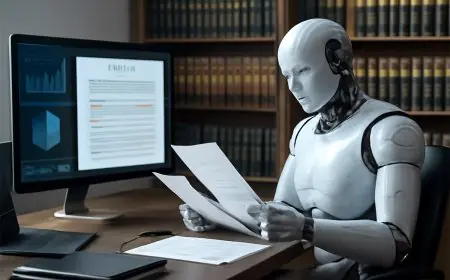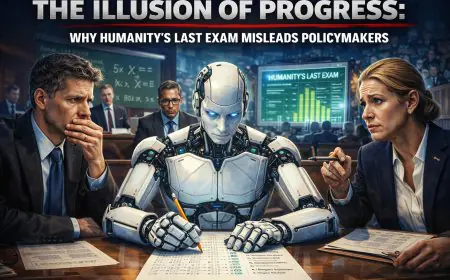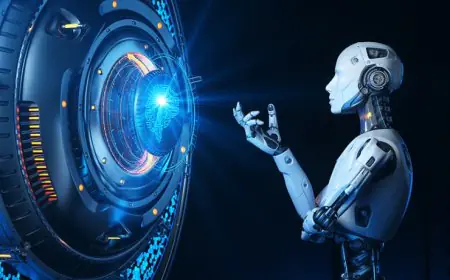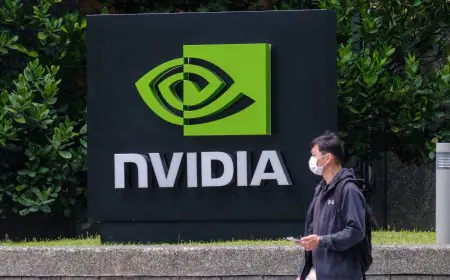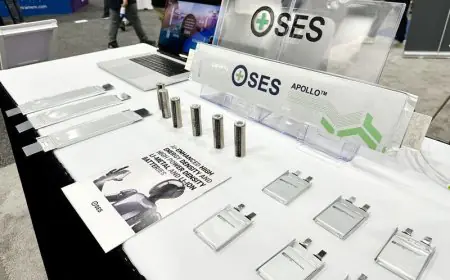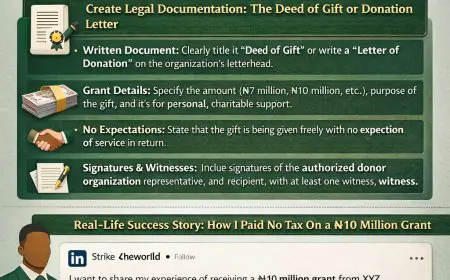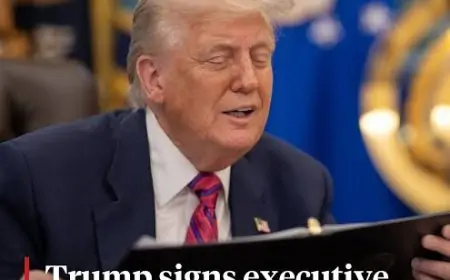Nonprofit group joins Elon Musk’s effort to block OpenAI’s for-profit transition
Nonprofit Encode supports Elon Musk's injunction against OpenAI's for-profit transition, arguing it compromises the company's mission to develop safe, beneficial AI technology.

Nonprofit organization Encode has joined forces with Elon Musk in the ongoing legal battle against OpenAI's transition to a for-profit entity. This alliance marks a growing opposition to OpenAI's plans to restructure as a Delaware Public Benefit Corporation, a move that has sparked controversy in the AI community.
Encode, known for co-sponsoring California's AI safety legislation SB 1047, has requested permission to file an amicus brief in support of Musk's injunction. The brief, submitted to the U.S. District Court for the Northern District of California, argues that OpenAI's conversion to a for-profit model would "undermine" its mission to develop and deploy transformative technology safely and beneficially for the public.
The nonprofit contends that if the world is indeed on the brink of artificial general intelligence (AGI), it is crucial for such technology to be controlled by a public charity legally bound to prioritize safety and public benefit, rather than an organization focused on generating financial returns for investors.
Elon Musk, an early contributor to OpenAI, initiated this legal battle in November 2024, accusing the company of deviating from its original mission. The lawsuit seeks to prevent OpenAI from fully transitioning into a for-profit structure, arguing that such a move would cause "irreparable damage".
Meta Platforms Inc. has also aligned with Musk's efforts. The tech giant penned a letter to California Attorney General Rob Bonta, expressing concerns that OpenAI's transition could set a dangerous precedent for the industry. Meta argued that this move could enable startups to enjoy nonprofit benefits until they become profitable, potentially leading to "seismic implications" for the sector.
OpenAI has countered these claims, stating that its transition plans include maintaining a nonprofit arm that would receive the full value from its ownership stake in the new for-profit entity. The company asserts that this structure would enhance its ability to pursue its mission.
However, documents revealed during the legal proceedings have added complexity to the situation. These unverified documents suggest that Musk himself had previously proposed for-profit structures for OpenAI, including one that would have given him majority ownership.
This legal battle highlights the ongoing debate about the governance and development of powerful AI technologies. As companies like OpenAI continue to push the boundaries of AI capabilities, questions about the appropriate organizational structure for ensuring safe and beneficial AI development remain at the forefront of industry discussions.
The involvement of Encode and other entities in this legal challenge underscores the growing concern about the potential consequences of allowing profit motives to drive the development of transformative AI technologies. As the case progresses, it will likely have significant implications for the future of AI governance and the balance between innovation and public benefit in the rapidly evolving field of artificial intelligence.
